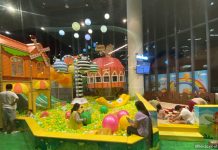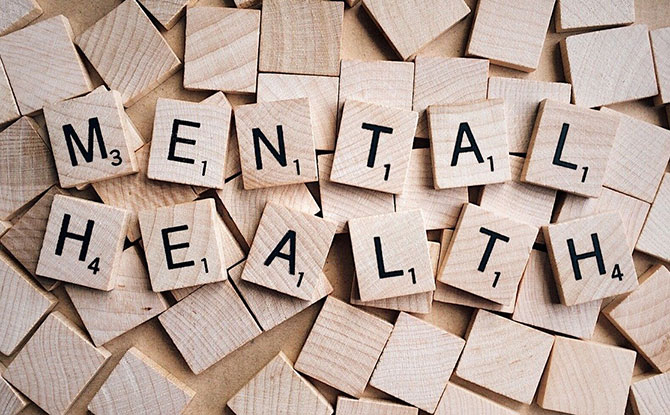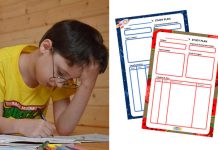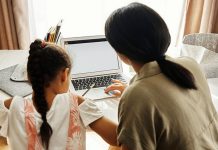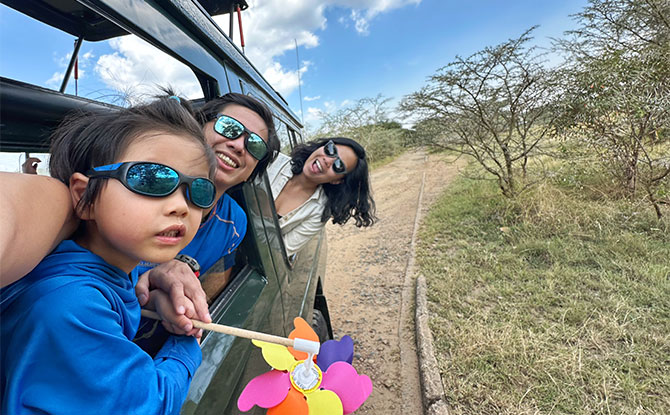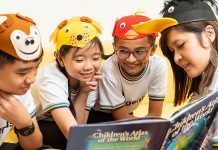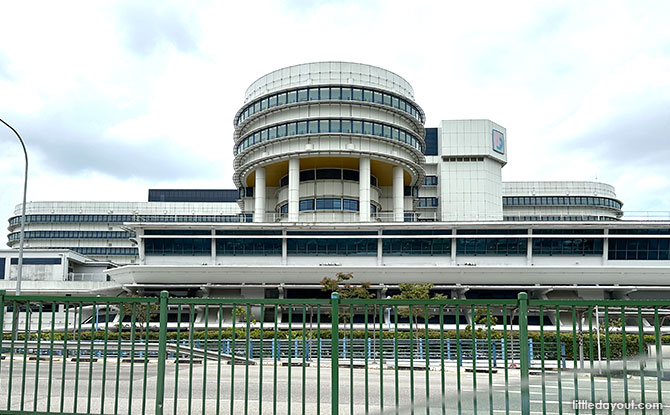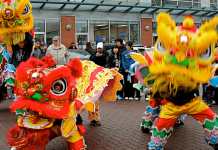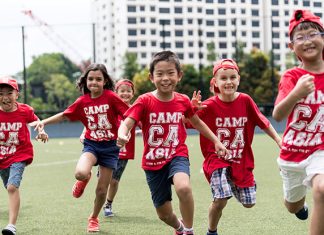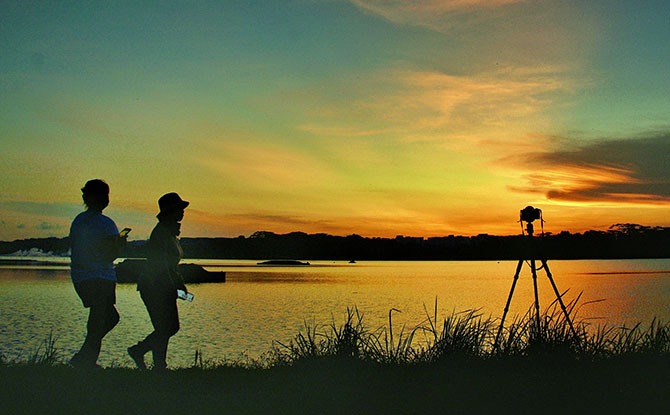
There is hardly anyone who is not affected by the COVID-19 outbreak. Children social distance and interact within fixed groups in schools, safe-distancing measures are still in place, masks are mandated by law and some establishments remain closed. The impact is widespread, and continues to ravage livelihoods.
Top government officials have primed us for worse days yet and brace for a recession likened to the Great Depression. While it might feel like all gloom and doom, crisis also represents opportunity and a season of building resilience as a family.

We speak to Dr Daniel Kwek, Psychiatrist from Ng Teng Fong General Hospital and Jurong Community Hospital on overcoming crisis as a family.
Dealing with Crisis as a Family
Can you talk about the emotions post job-loss?
There are two aspects here: the emotions from the position of need/lack/inadequacy and the emotions related to loss. Anyone who has gone through hardship would be familiar with the sense of uncertainty, of ‘clipped wings” in some sense as one would have to curtail one’s own spending, and perhaps the family’s.
These can lead to frustration, upset, and irritability. The uncertainty can fuel anxieties and worries. In a situation of prolonged stress and uncertainty, depression and hopelessness can ensue.
The second set related to the loss are rather similar to grief. It is a form of grief and in this instance the loss could be a loss of financial independence, of position (at work), or prestige, respect, command, self image and even the role in the family.
So all this typically include denial, anger, bargaining (grumbles, complaints, blaming life, a higher being, destiny, government, loved ones) and feeling depressed. The important thing to note is these are emotions we need to deal with.
But they remain as emotions, something that tell us about ourselves and how we are responding psychologically to a situation. One needs to then be guided by and go beyond them to make practical decisions as to what to do about the situation.
Emotions often give us that hint about ourselves in the environment and they are useful to guide the next step. To dwell just on them would often not be helpful.
What are some indications that family members need more help and how can we identify such issues?
Affected individuals can experience a wide range of symptoms:
Anxiety which results in worrying
Ruminations (non- stop thinking over and over)
Sleep disruption
Inability to focus
Tension stress
Muscle tightness
Shortness of breath
Tight ball in the stomach
Depression
Sense of hopelessness, worthlessness and helplessness
Irritability
Anger
Social withdrawal
Suicidal thoughts
Irritability might be a common symptom for most. Knowing the person and understanding his or her situation would help. A caring interaction usually would encourage people to share their problems in a safe space.
Also, watch out for any deviation from people’s usual habits, character and responses would often be useful as well.
How can families support one other during difficult times?
There are three elements: Direction, Content and Structure.
For example, how do we “Work From Home” peaceably and peacefully? A family is a unit with constituent members. Each member will need to fulfill their role to ensure there is a peaceful environment.
Having a structure means there should be clear boundaries set not just the visible but the unseen ones. For usage of devices and laptops, there should be a common understanding of who uses what device, when and how for instance.
Content-wise would be both physical and non-physical. Physical include hardware and resources. Unseen ones would be love, care, understanding conversations, knowing each other better.
Typically, parents would have to set directions (different families have their own way of doing that), maintain structures and encourage content. It should be a spontaneous reaching out and supporting each other.
How can the adults / caregivers relieve some of this stress?
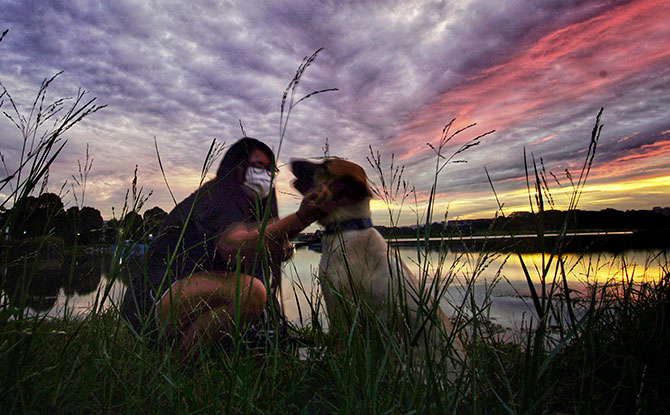
I would like to stress on dealing with the mindset first. A helpful mindset will usually be characterised by one that stays in control, above the situation, being flexible with the ability to turn the adversity to one’s advantage.
That means being able to appraise the situation, discerning what is within one’s control and what not, and working on those tweakable levers to one’s benefit.
So during a slowdown, a legit question (apart from those concerning livelihood) to ask is what are things that one couldn’t do during the fast paced, pre-COVID days? It could be anything from strengthening ties to pursuing some hobbies, learning new skills (vocational and otherwise). Plan things out and seek out resources.
I learnt and practised Chinese Calligraphy using gel pens almost wholly from Youtube and am learning tricks for my photography from Youtube as well. Earlier on I did portrait drawing using Skillsfuture money. It was also the excellent team of Youtube gurus from whom I continued to learn and fine tune the techniques.
The pay-off is stress relief and some delight. An easy hobby would be good place to start.
For instance, how about getting together for a family activity – singing, dancing, cycling, baking?
Other things we tried when our son was young was to set up a whole room of train tracks and innovating some parts like the turn table, complementing with LEGO to build up a whole town with its MRT system. Then one can proceed to invent stories with the setup. A useful hobby is to upskill oneself on “How to engage your kids?” meaningfully.
The possibilities are endless. Getting rid of the TV set/mobile (except for use to learn/appreciate new stuff) may help open up more options. Even watching K drama or playing digital games aren’t bad ideas.
What are some activities that can help families overcome the crisis?
Rituals
Huddling
Celebration
Shared activities
Hard work
Family rhythm
Overcoming Difficult Times as a Family – Together
“Tough times don’t last, tough families do.” The Little Day Out team firmly believes in strong families. Strength can be improved through adversity. Getting through together will result in bonds that last, fond memories and definitely a unity that will be cherished.
Thank you Dr Daniel Kwek for sharing insights and personal memories!


